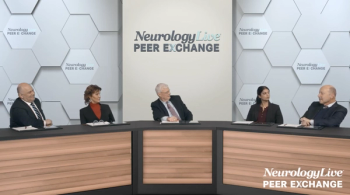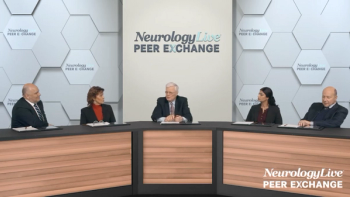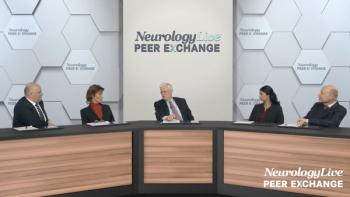
Take 5 minutes to catch up on NeurologyLive's highlights from the week ending May 22, 2020.

Take 5 minutes to catch up on NeurologyLive's highlights from the week ending May 22, 2020.

Contrary to prior literature, a new single-center analysis suggests that obstructive sleep apnea is not associated with delirium in those who were postoperatively admitted to the ICU, though PAP may reduce delirium in this patient population.

Neurology News Network for the week ending May 16, 2020.

Take 5 minutes to catch up on NeurologyLive's highlights from the week ending May 15, 2020.

Avadel seeks to have its sodium oxybate agent be the first once-nightly therapy to address both excessive daytime sleepiness and cataplexy in patients with narcolepsy.

System interventions could be used to modify patient behavior, leading to improved adherence and better clinical outcomes for those with sleep-disordered breathing, according to new data.

Take 5 minutes to catch up on NeurologyLive's highlights from the week ending May 8, 2020.

The neurologist at Banner-University Medicine Neuroscience Institute discussed the findings of a study that suggest perampanel may improve insomnia by decreasing anxiety in patients with epilepsy.

The director of the Sleep Disorders Research Program at Cleveland Clinic Lerner College of Medicine detailed the advancements that have been made with OSA treatment devices.

Take 5 minutes to catch up on NeurologyLive's highlights from the week ending May 1, 2020.
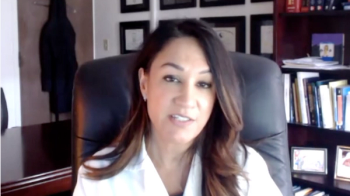
The director of the Sleep Disorders Research Program at Cleveland Clinic Lerner College of Medicine discussed new technologies being used to diagnose and treat sleep apnea.

Neurology News Network for the week ending April 25, 2020.

Take 5 minutes to catch up on NeurologyLive's highlights from the week ending April 24, 2020.

The director of the Sleep Disorders Research Program at Cleveland Clinic Lerner College of Medicine offered her insight on how telemedicine is being utilized to help diagnose and treat sleep disorders amidst COVID-19.

Researchers found multiple measure correlations between perampanel use and reductions in Insomnia Severity Index scores in those who had comorbid epilepsy and anxiety.

The Idorsia drug candidate demonstrated minimal serious treatment-emergent adverse events, with no rebound insomnia or withdrawal symptoms upon discontinuation.
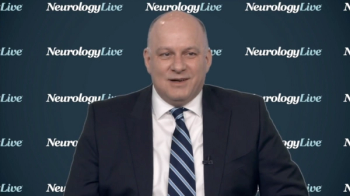
The director of the Sleep Disorders Center and vice-chair of the department of neurology at UCLA David Geffen School of Medicine detailed the greatest need in the management of narcolepsy

Take 5 minutes to catch up on NeurologyLive's highlights from the week ending April 17, 2020.
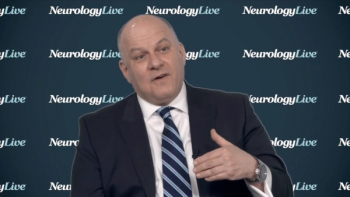
The Director of the Sleep Disorders Center and vice chair of the department of neurology at UCLA David Geffen School of Medicine describes why labeling patients can lead to a misdiagnosis of narcolepsy.

Take 5 minutes to catch up on NeurologyLive's highlights from the week ending April 10, 2020.

The Director of the Sleep Disorders Center and vice chair of the department of neurology at the UCLA David Geffen School of Medicine detailed how patients and physicians can be proactive in identifying narcolepsy.

As a marker of impending neurodegeneration, urgency surrounds efforts to slow or stop the progression of REM sleep behavior disorder.
